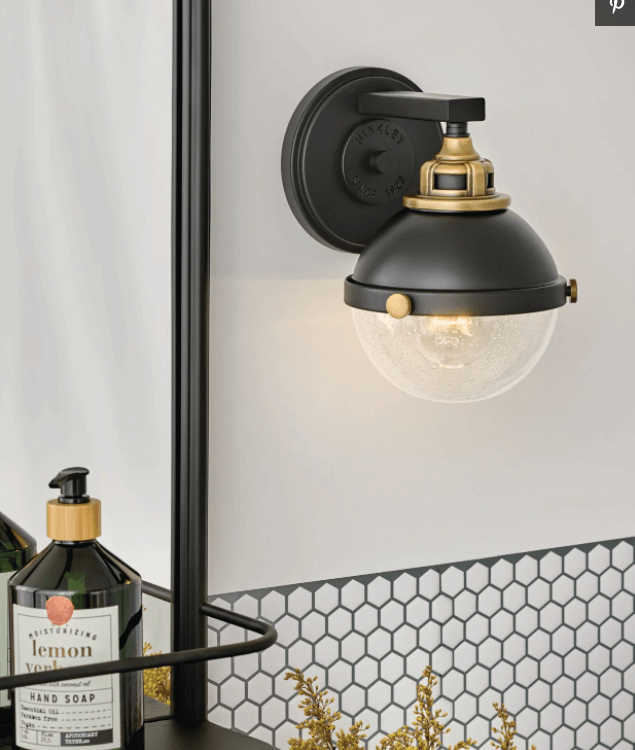- Have any questions?
- 778-522-2225
- advancedrenosolution@gmail.com
The Best Loans For Your Home Renovation

7 Ways to Prepare Your Home for Fall and Winter
December 31, 2017
What You Should Expect From a Roofing Warranty
January 16, 2018The Best Loans For Your Home Renovation
If you’re planning a remodel, home addition or even buying a fixer upper, you’re probably going to require financial aid to fund the renovations. Your Pinterest boards might be full of inspiration but before you can start making decor decisions, you need to evaluate how much you can realistically afford to borrow and which home loan suits you.
We’ve weighed up the pros and cons of the most popular home loans, to help you on your way to the home of your dreams.
‘Cash-out’, refinancing your mortgage
Refinancing your mortgage for a home renovation is done by extending the term of the mortgage to accommodate a larger loan than initially agreed.
Pro: If your interest rates are already affordable, then this may not drastically affect your monthly payments.
Con: If you plan to sell your home in the near future, the additional clerical costs around refinancing your mortgage may not be worth while. There are additional application and closing fees to take into account when evaluating if this is the best financial decision for you.
Home equity loan
A home equity loan allows you to use your home as collateral for a loan. The amount of money that you can borrow with a home equity loan is calculated from the current value of your home and the amount left to pay on your mortgage.
Pro: The interest rates are fixed, making it easy to budget. It is cheaper than other loan options. It is similar to refinancing your mortgage, without expensive fees.
Con: You pay interest on money that you might not be using yet. The interest is likely to be more than if you refinanced your mortgage.
Home equity line of credit (HELOC)
The amount you can receive from a HELOC loan is calculated similarly to home equity loan. Instead of withdrawing the money at once, it allows you to withdraw from the amount gradually throughout the renovation.
Pro: You don’t have to pay interest rates until you actually use the money.
Con: If you’re not able to make the payments on time, your home ownership could be in jeopardy.
Federal Housing Administration 203k mortgage loan
The FHA 203k loan takes into account the projected value of the property after the renovation. This increases the amount you can borrow compared with refinancing or an equity loan.
Pro: It allows you to consider buying a home with a larger projected value than you might have been able to afford with a regular mortgage. It’s good for large or small renovations with a “limited” option for loans less than $35k. The down payments are usually less than other loan options.
Con: Not all properties qualify for this loan. Mortgage insurance is required throughout the entire payback of the loan.
Construction loan
Construction loans are short term loans that are acquired to fund large construction projects. Usually used to build new homes, the loan transitions into a mortgage once the home is occupied.
Pro: This is a good option for homeowners with large construction projects where the equity in the property isn’t enough to fund the project.
Con: There isn’t a lot of control over the money, construction loan lenders usually require that certain aspects of the project are completed before the next stage of the money is released.



